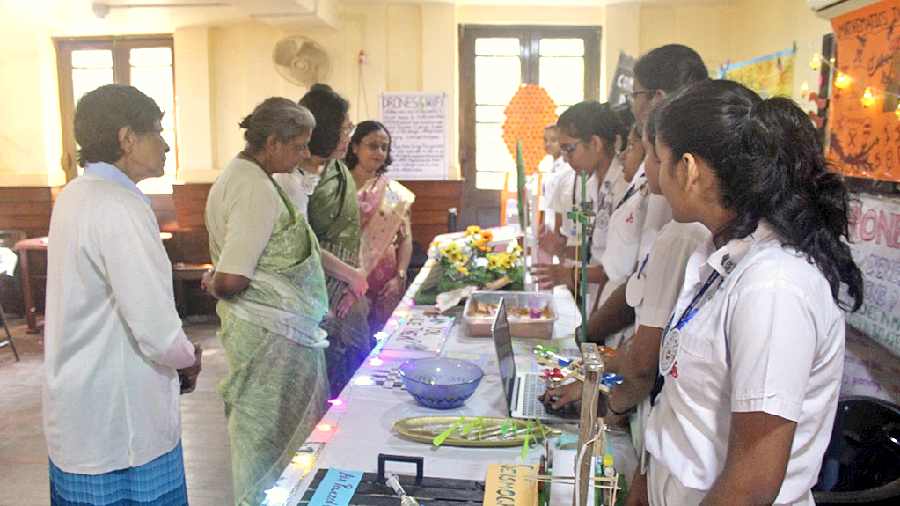Adolescents often experience communication barriers and there should be provisions to ensure non-judgmental, inclusive and youth-friendly counselling services, said one of the recommendations that emerged from a conference on adolescent health in the city recently.
The nine recommendations on adolescent mental and physical health were drafted after taking into consideration the concerns of adolescents, which were discussed in an exclusive session with them during the conference.
When an adolescent comes with a concern, there should be a motivational interview with open-ended questions, a paediatrician said.
For example, if an adolescent comes with a problem of substance abuse, instead of asking him or her why he or she resorted to it, there are other ways to address the issue, said the paediatrician.
“During the motivational interview, instead of first advising what to do, the adolescent has to be heard. The paediatrician should ask the adolescent open-ended questions,” said paediatrician Shamik Ghosh, organising secretary of the 22nd National Conference on Adolescent Health, which had participants from Bangladesh, Thailand, Sri Lanka and Nepal.
The three-day conference was organised by the New Kolkata Academy of Paeditriacians, Adolescent Health Academy, Indian Academy of Paediatricians, World Health Organization and Unicef.
Ghosh said paediatricians had the advantage of a rapport with adolescents built over many years.
“The onus of picking up a mental health issue lies on the parent and paediatrician. If a paediatrician known to the family does the motivational talking, initially there are better chances of the adolescents and the parents to be compliant,” said Ghosh.
There is a huge reluctance on the part of parents to approach mental health professionals. Paediatricians have to prod and convince them to seek consultation, said a paediatrician.
The recommendations mention that adolescents often experience communication barriers, especially when it involves “sensitive and personal aspects of life”.
There should be proper maintenance of privacy and confidentiality of adolescents seeking counselling and there should be sensitisation programmes for parents, teachers and caretakers on adolescent-specific mental health issues, the recommendations said.
There should be emphasis on knowledge dissemination regarding substance abuse in a non-judgmental manner, it said.
Teenage pregnancies, attempted suicide and too much screen-time were also discussed at the conference.
Screen-time is something that cannot be wished away, especially after two years of the pandemic when all forms of communication and learning were dependent on devices.
“Instead of monitoring the time that a child or adolescent spends on screen, there has to be supervision of the content,” said Ghosh.
